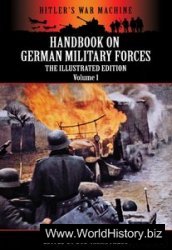We have no specifics regarding Dante’s early childhood education, but given his family’s relatively high social standing and religious belief system, it can be presumed that he studied at home or in a Florentine school included as part of a church or monastery. He informs us in his La Vita Nuova (The New Life) (ca. 1292) that he taught himself how to write verse. He studied poetry at a time when the Sicilian School (Scuola poetica Siciliana), a group from Sicily who wrote hundreds of courtly love poems between 1230 and 1266, was becoming well-known. He had an interest in Occitan, a romance language; poetry of the performing troubadours; and the classical Latin poetry of such famous and influential writers as Ovid, Cicero, and most especially Virgil, who would later become a leading figure in Dante’s Divine Comedy.
Dante’s interest in philosophy grew out of his readings, and he eventually dedicated himself to philosophical studies at religious schools, including the school located at the Dominican church in Santa Maria Novella. He also took part either overtly or indirectly in the debates between the two principal religious orders, Franciscan and Dominican, held in Florence. The Franciscans represented the doctrine of the mystics and of Saint Bonaventure, while the Dominicans supported the largely Aristotelian theories of Saint Thomas Aquinas. It was these Aristotelian theories that would most influence Dante.
When he was approximately 18 years old, Dante met contemporary poets and writers Lapo Gianni, Guido Cavalcanti, Brunetto Latini, and Cino da Pistoia. Together, they developed the Dolce Stil Novo (Sweet New Style) of writing, exploring themes of love. Brunetto would later receive special mention in The Divine Comedy, but it was Guido to whom Dante dedicated The New Life and who would later be referred to by Dante as “the first of my friends.”




 World History
World History









